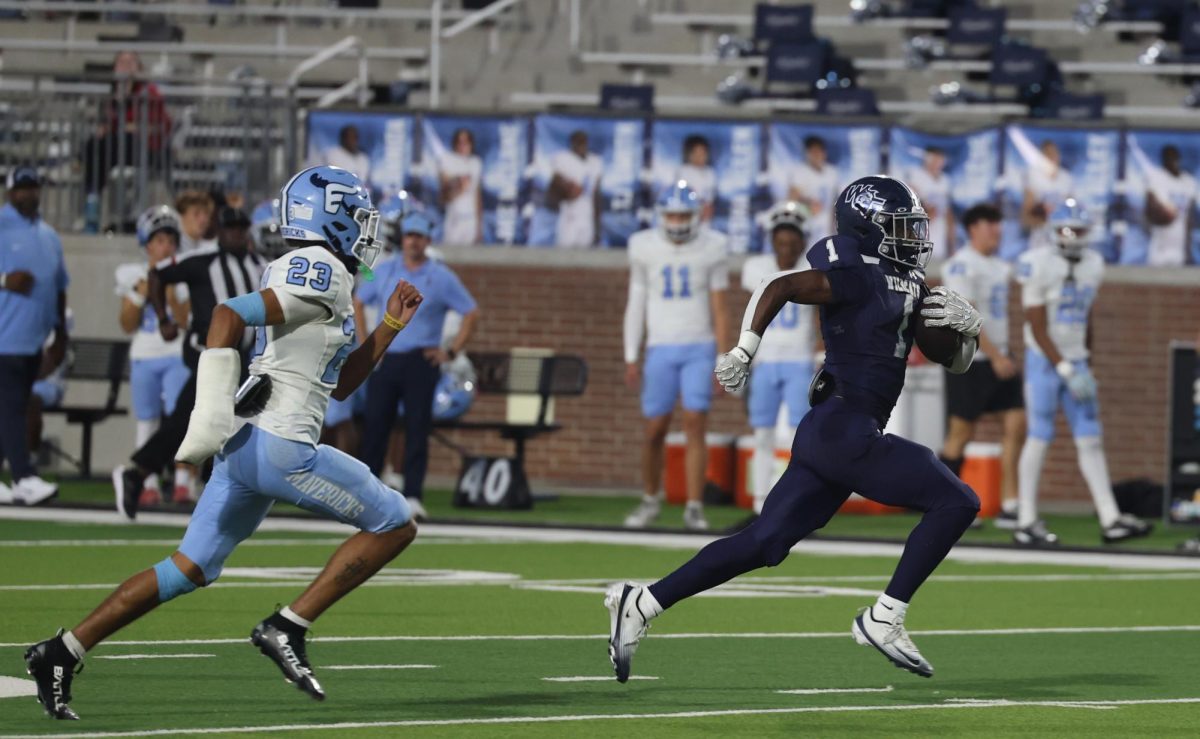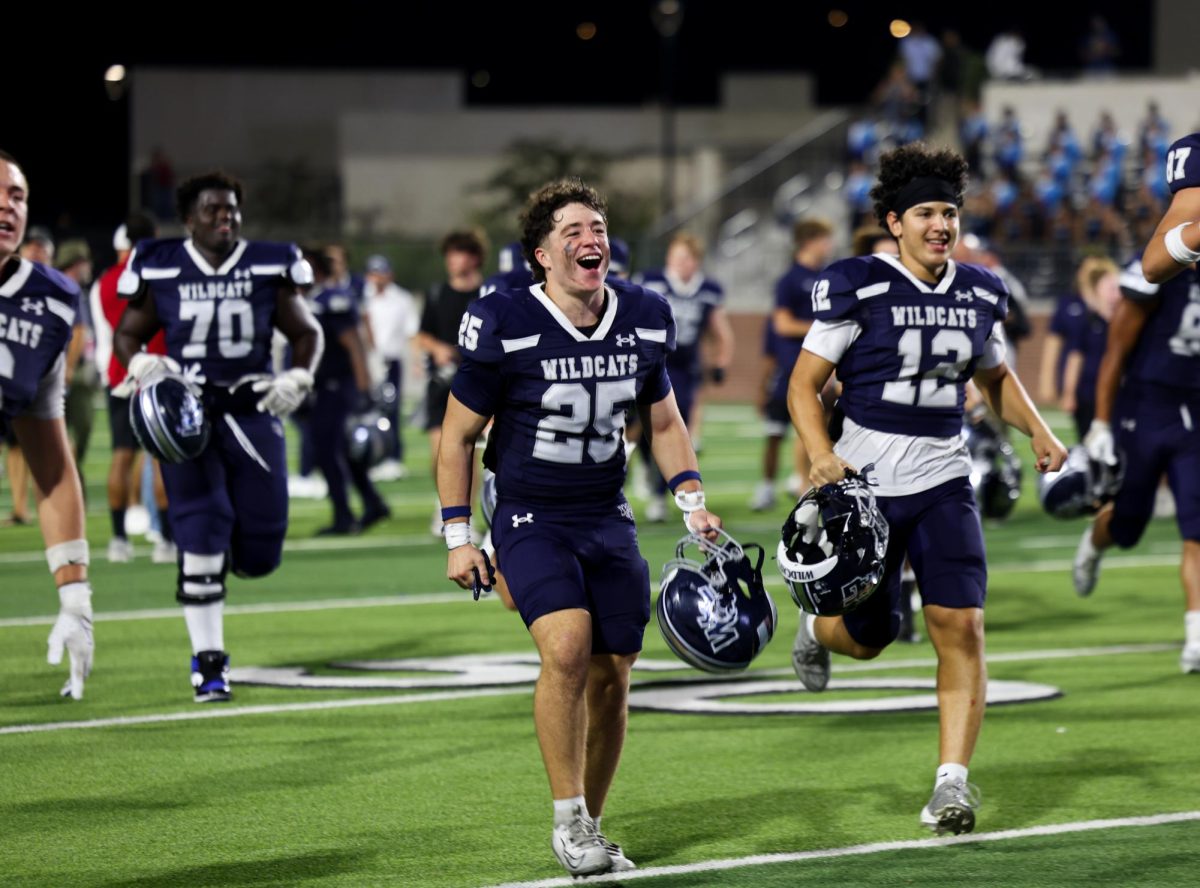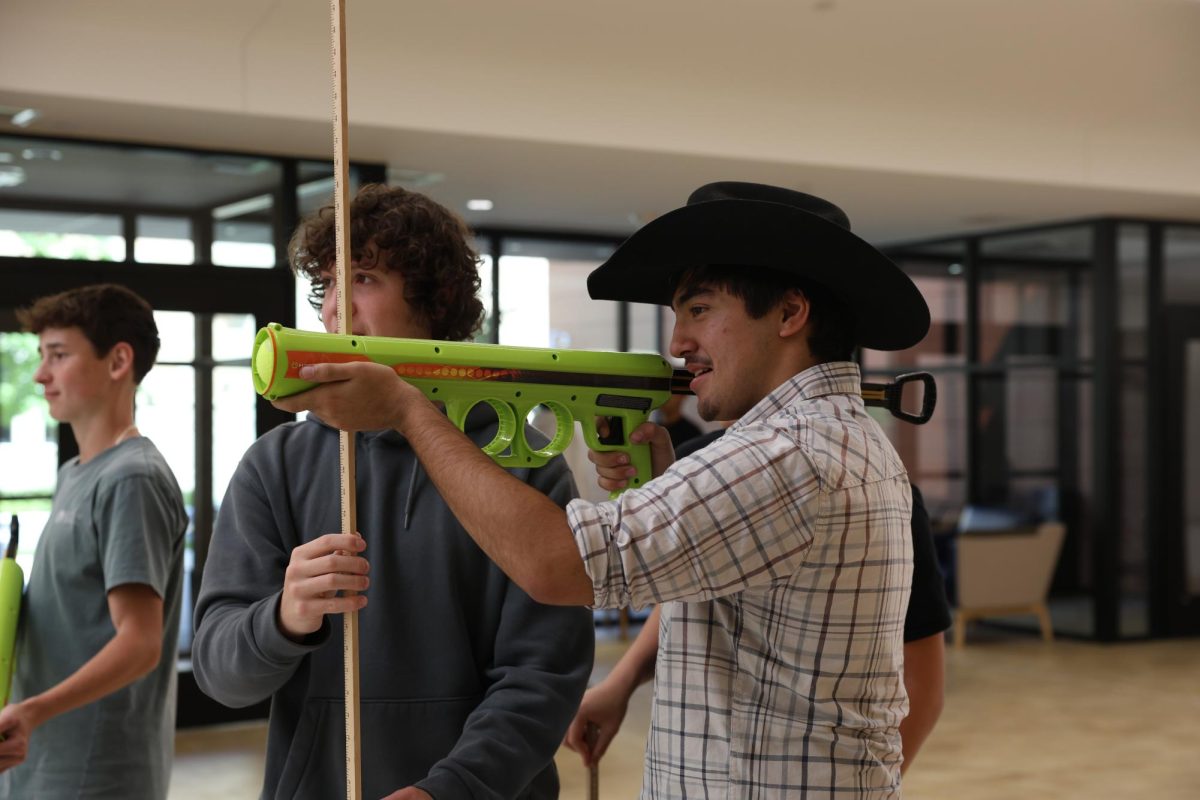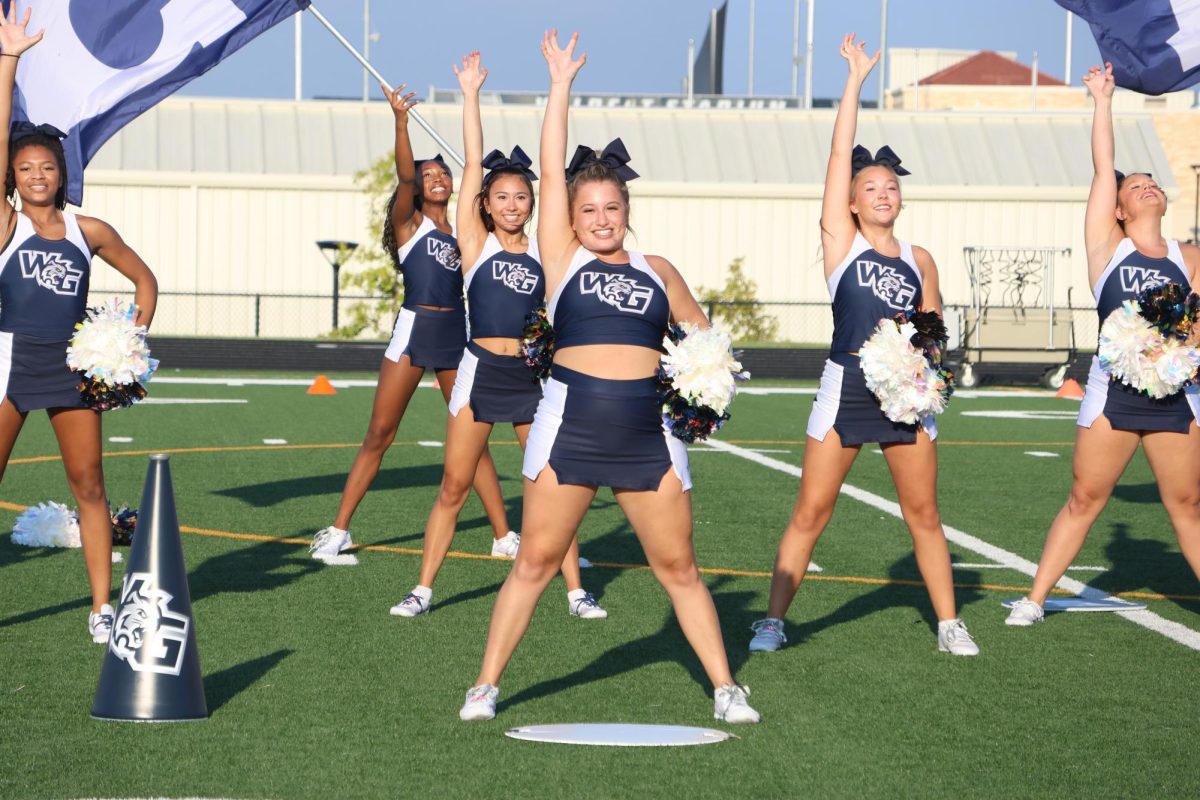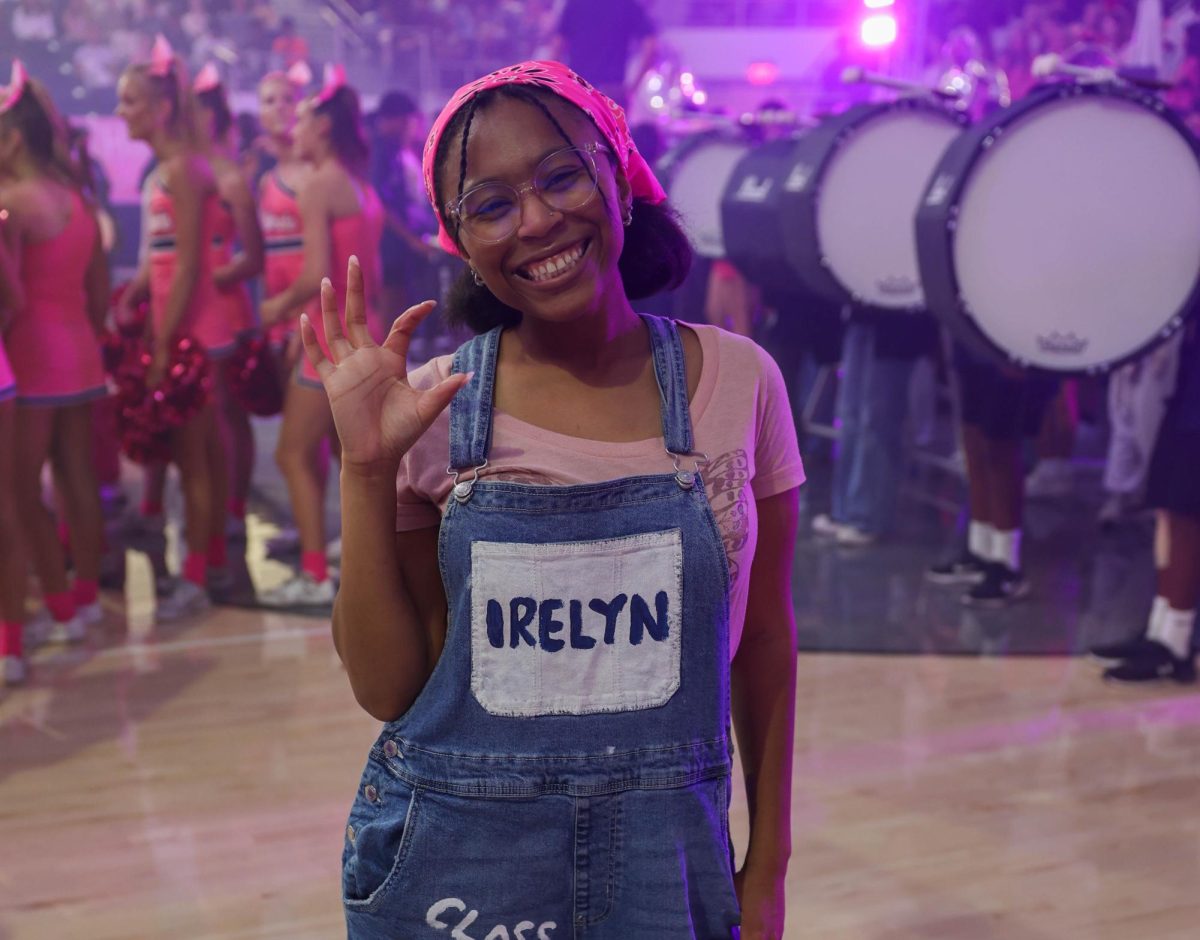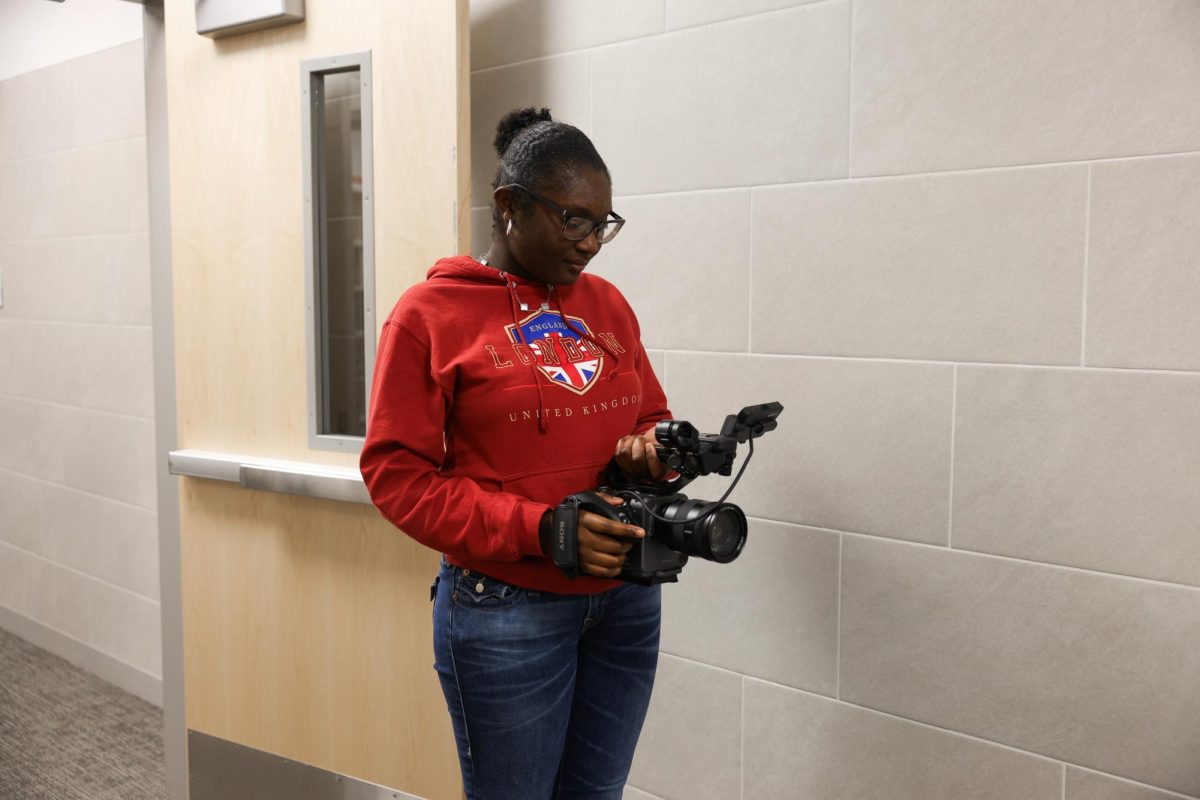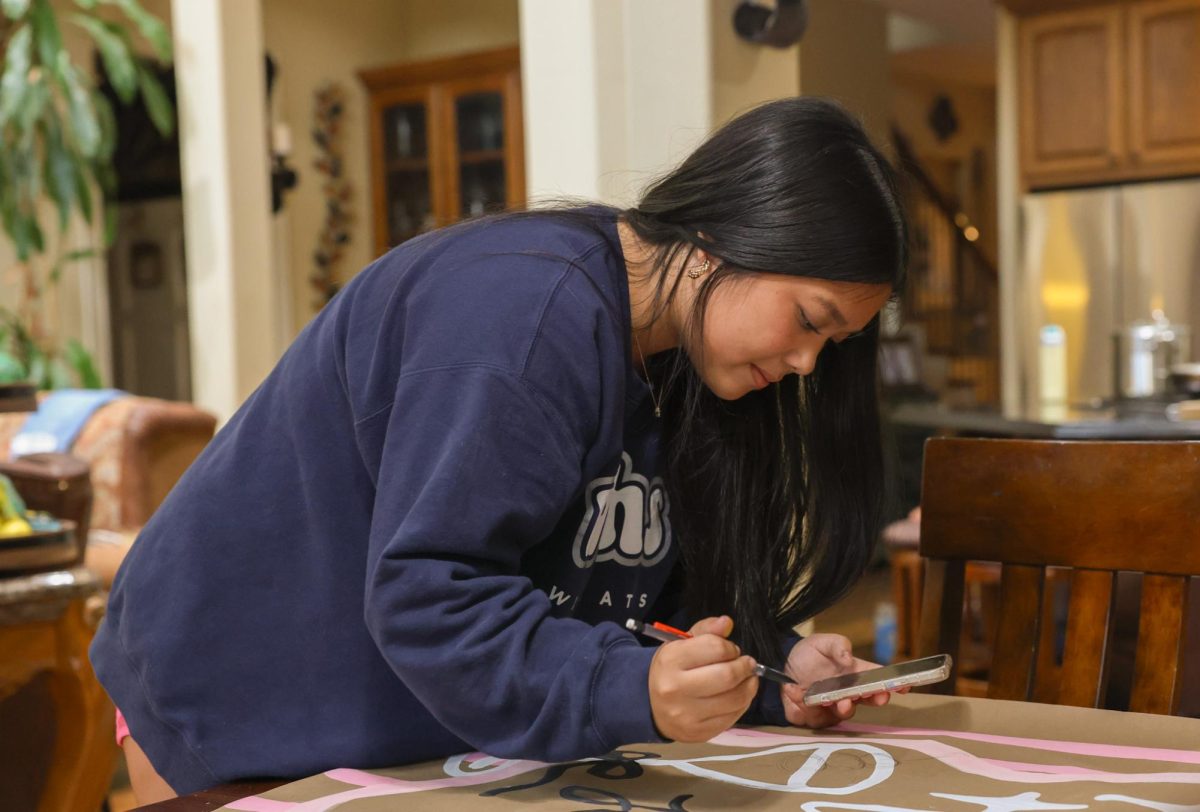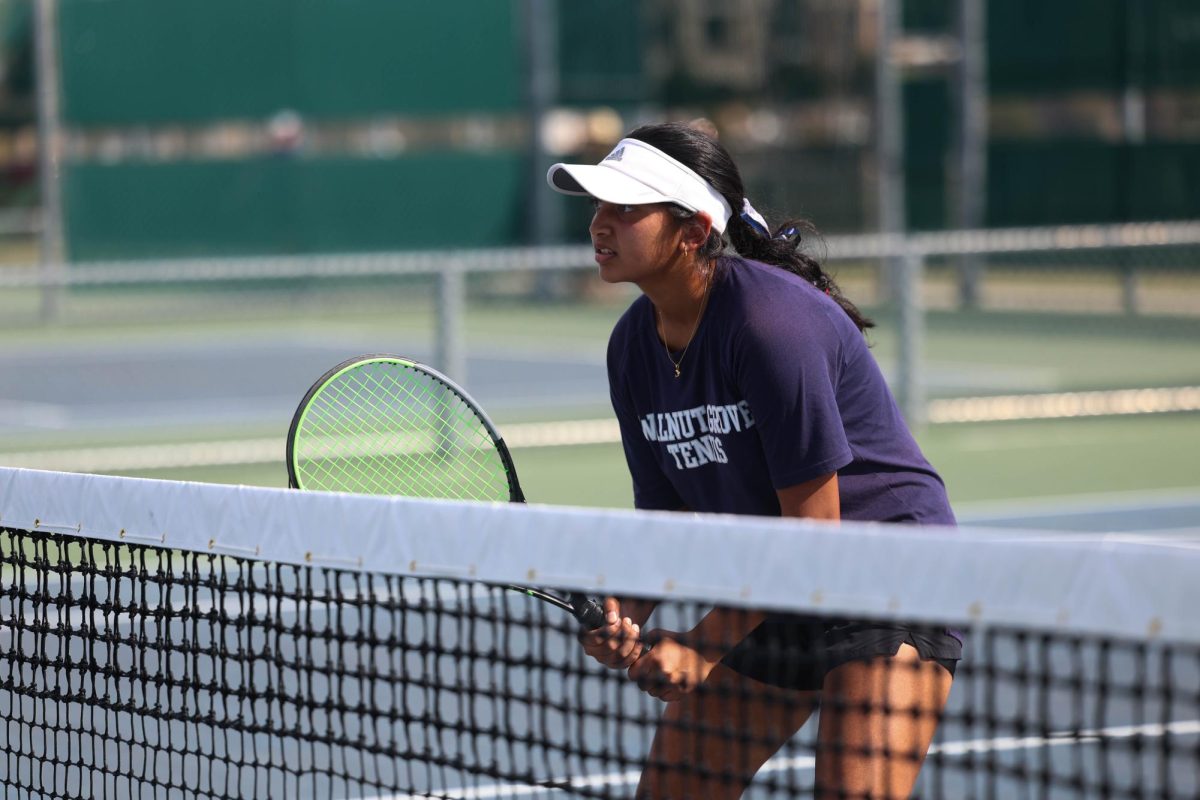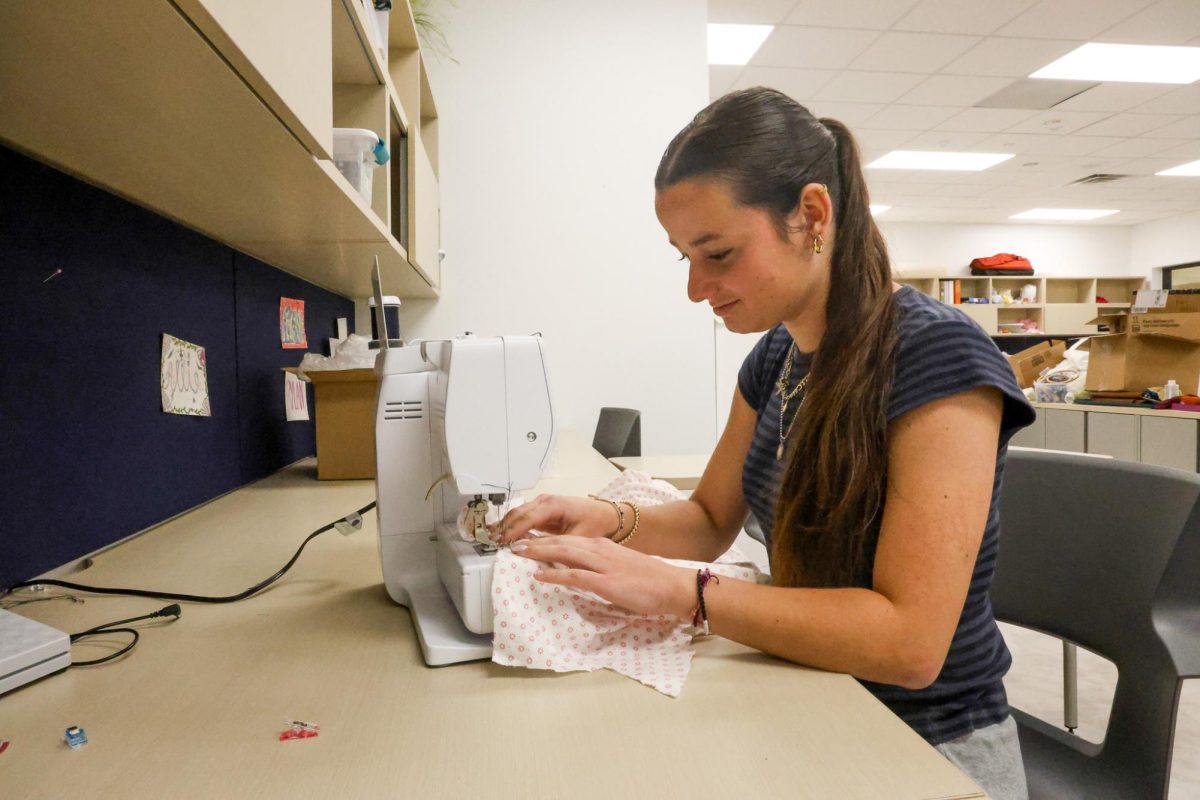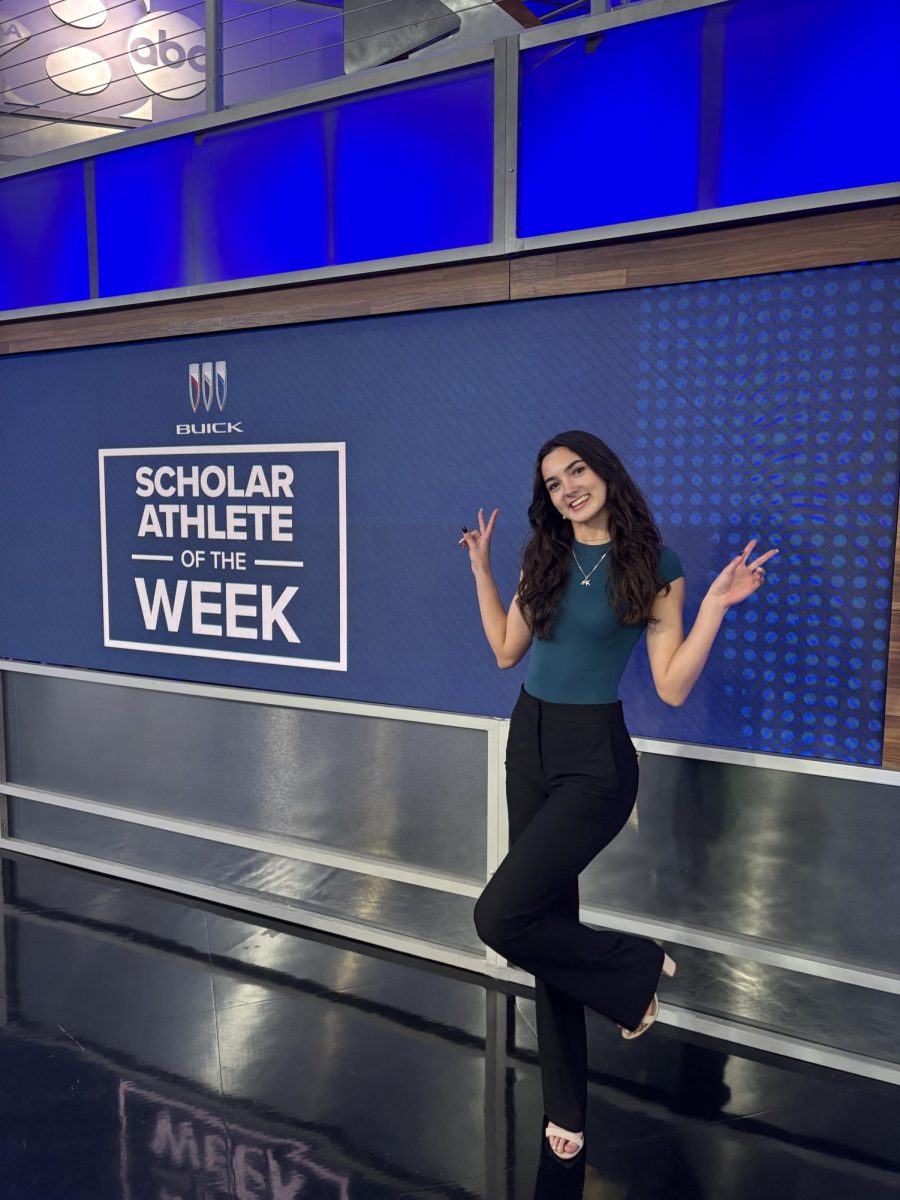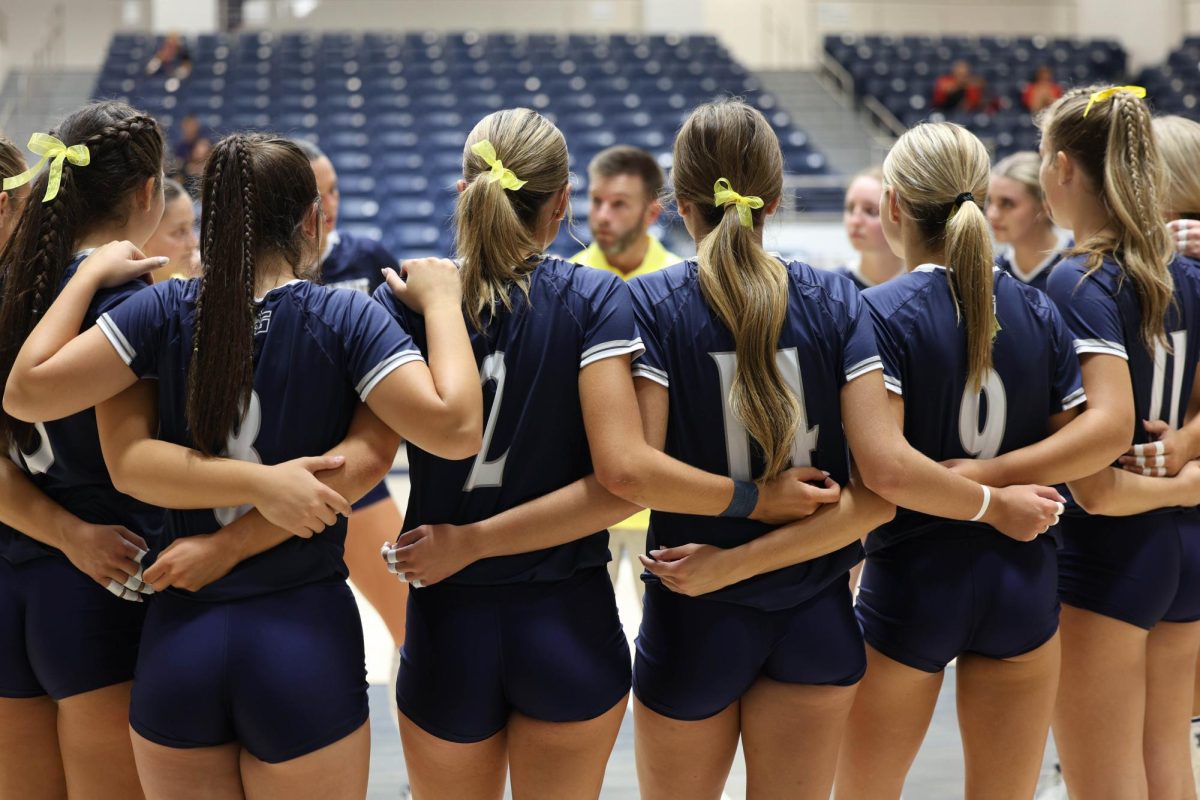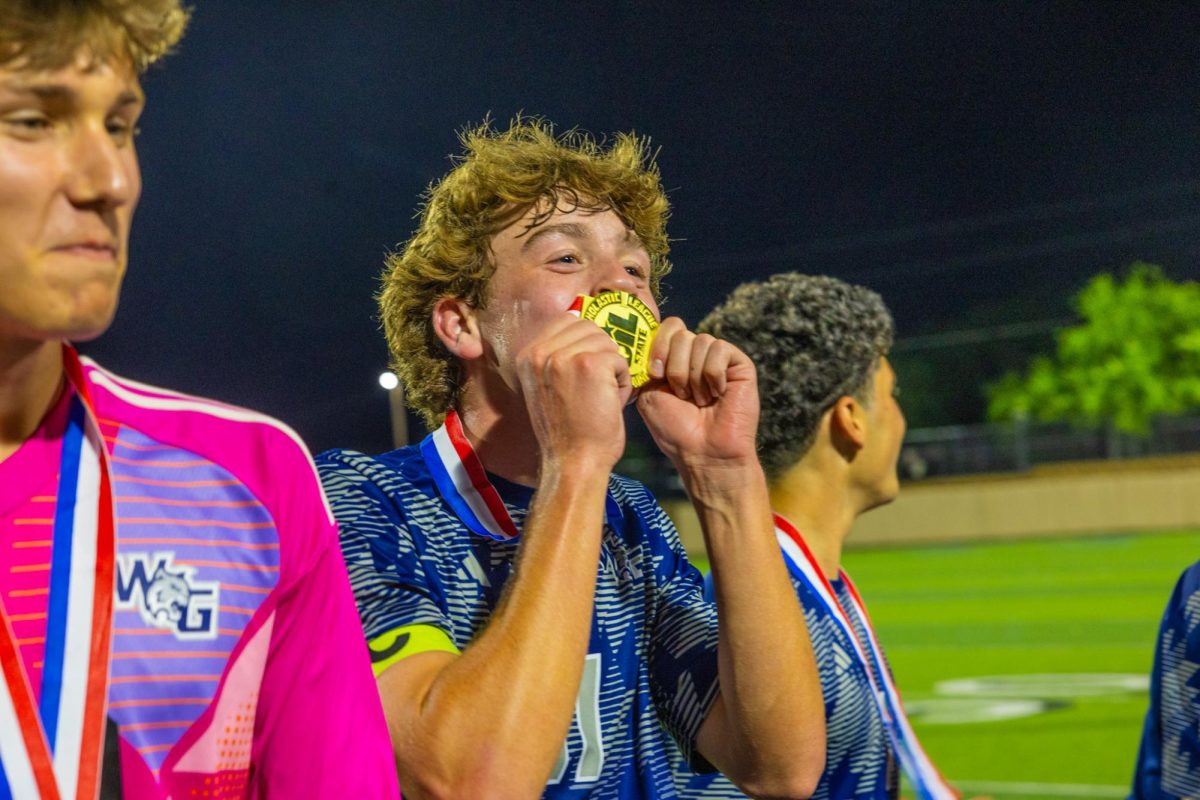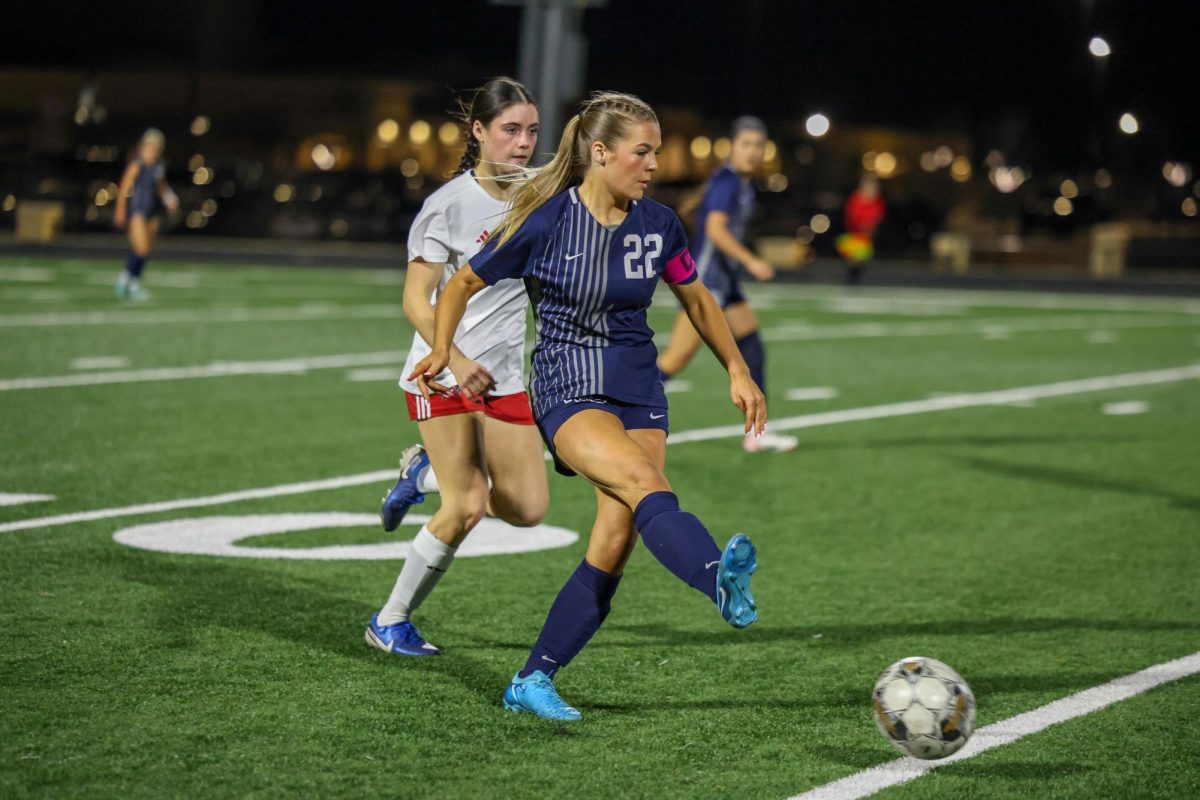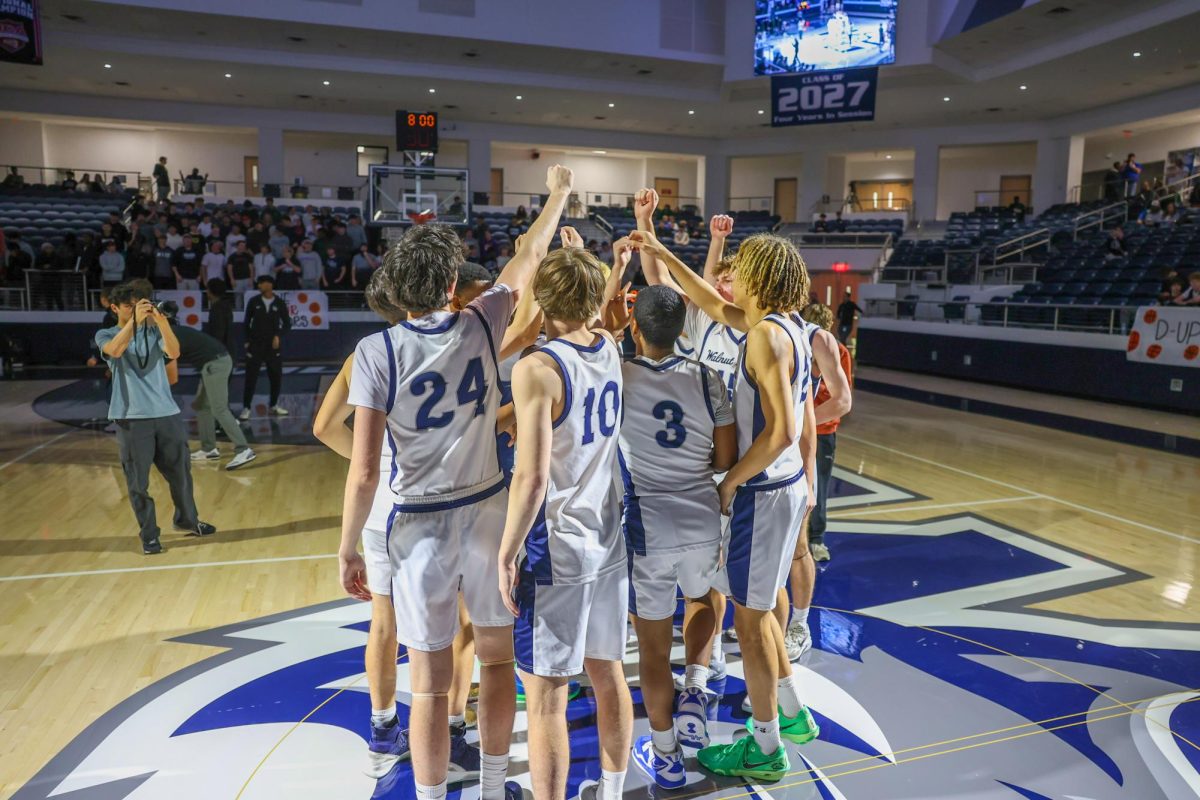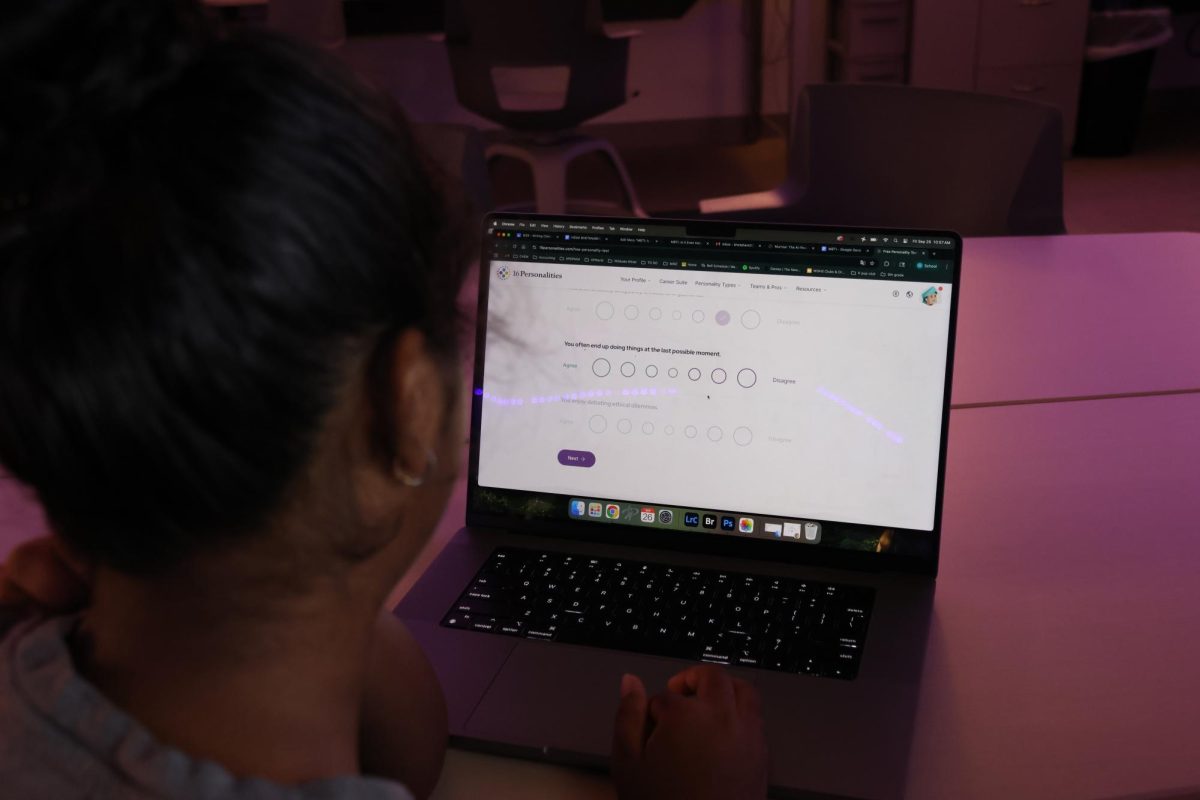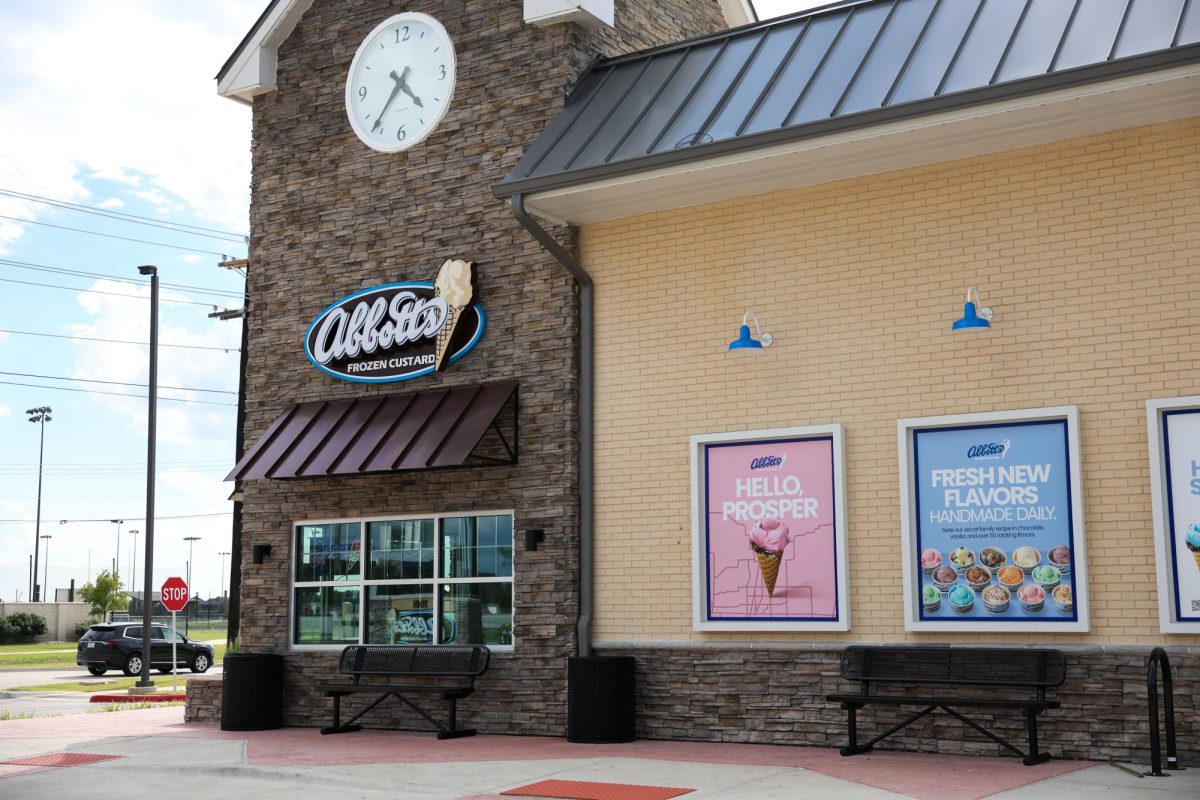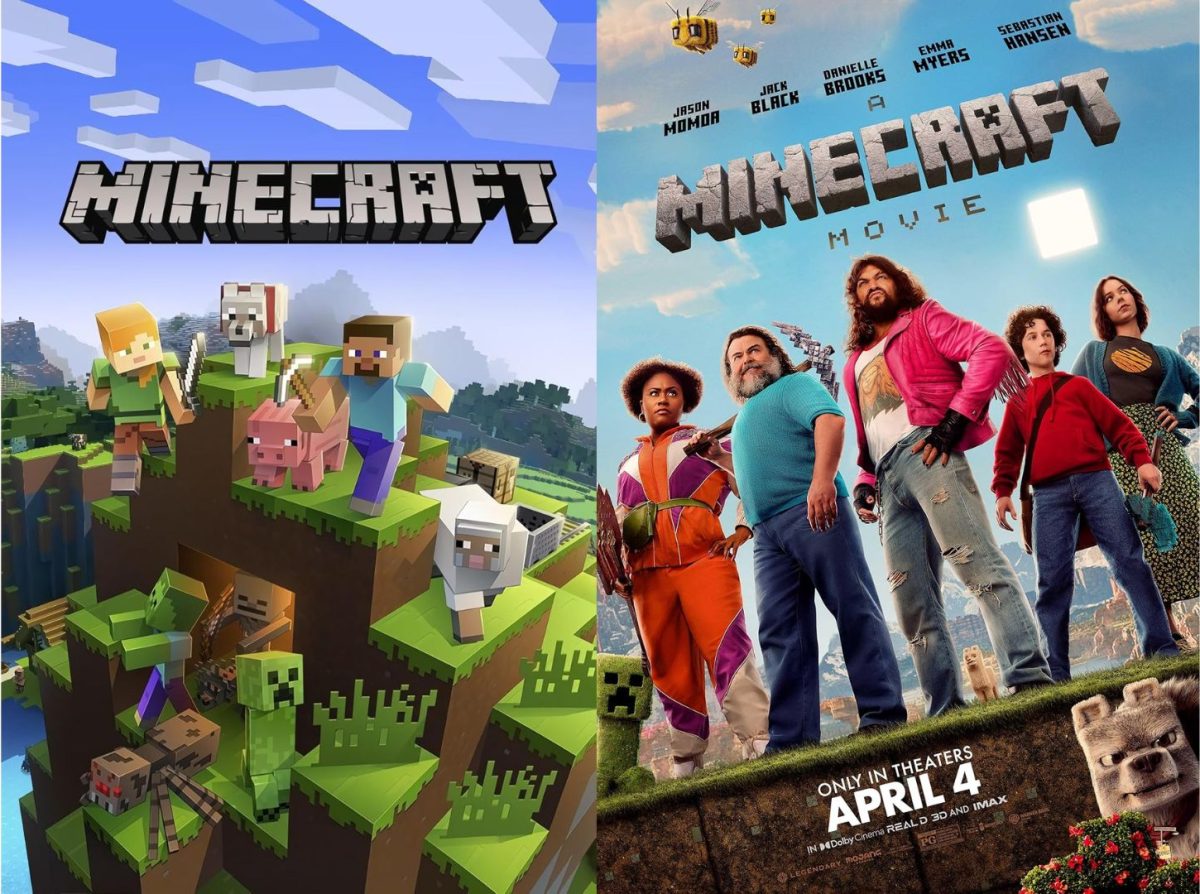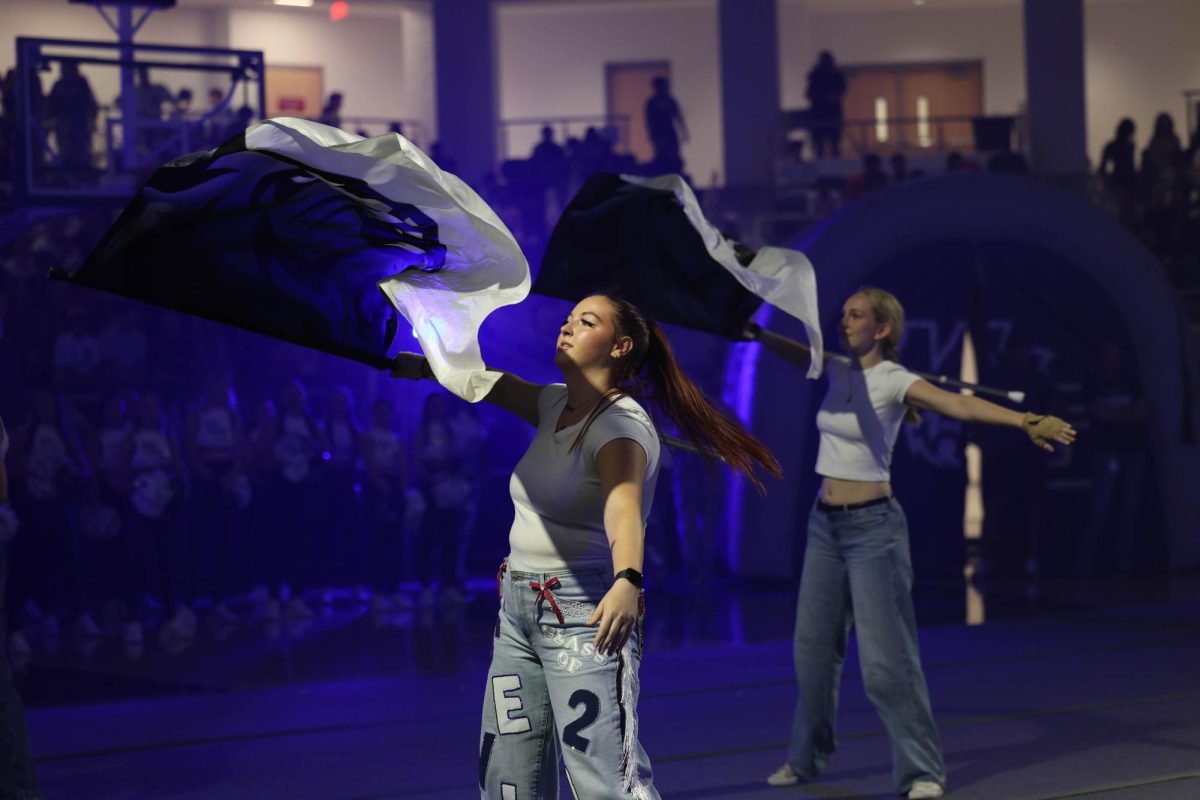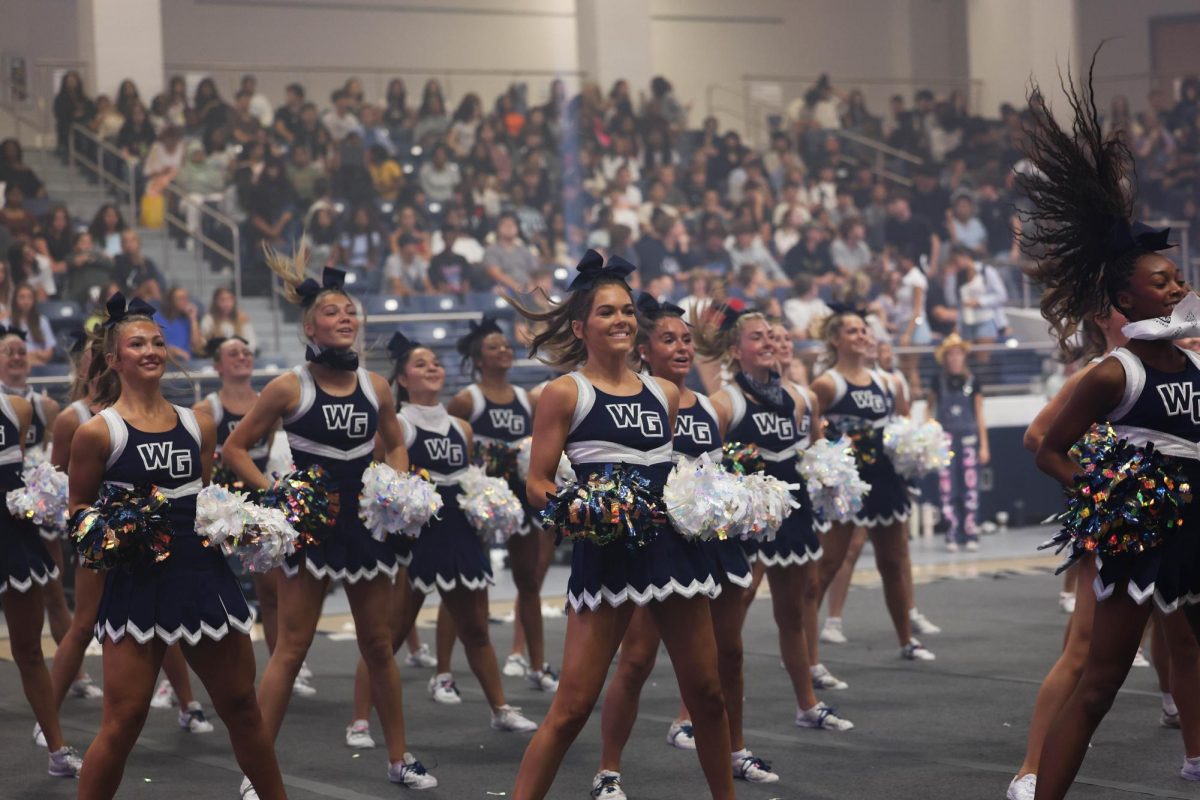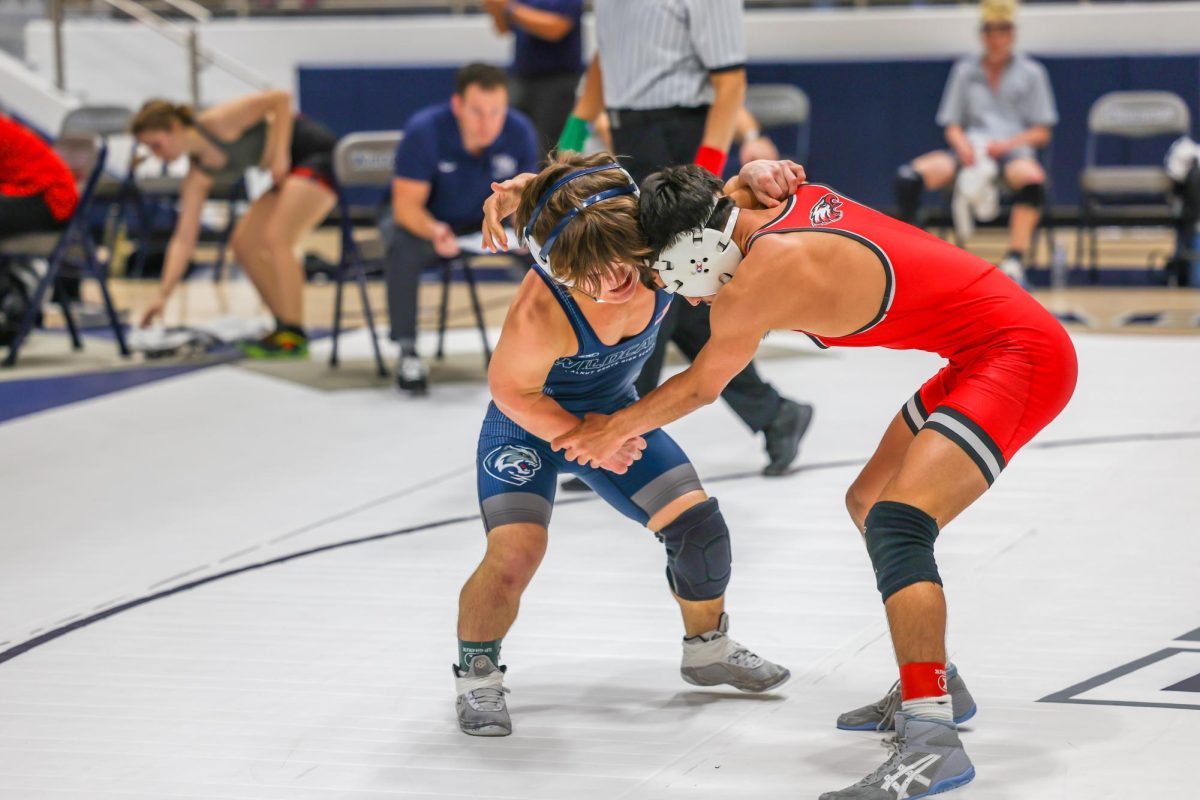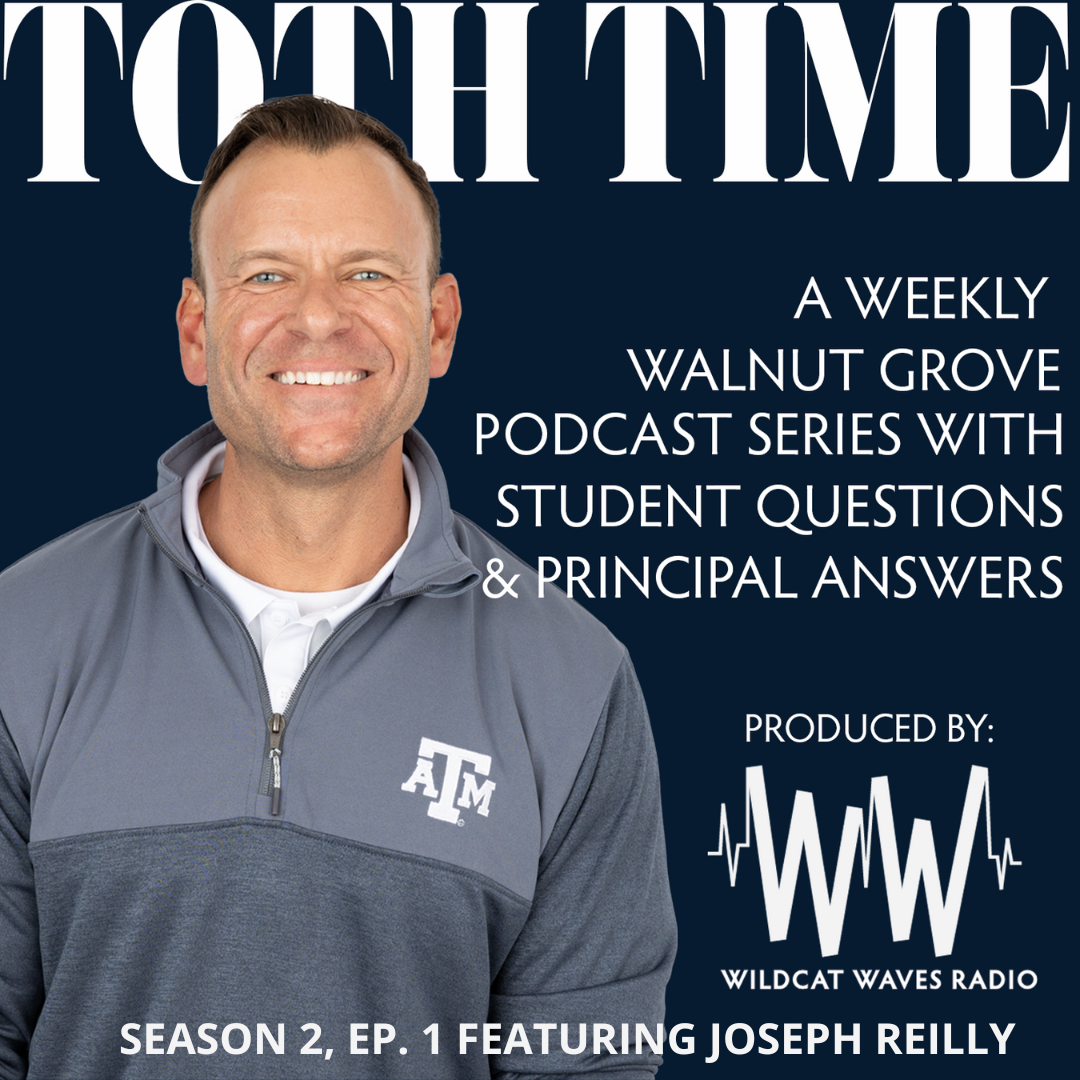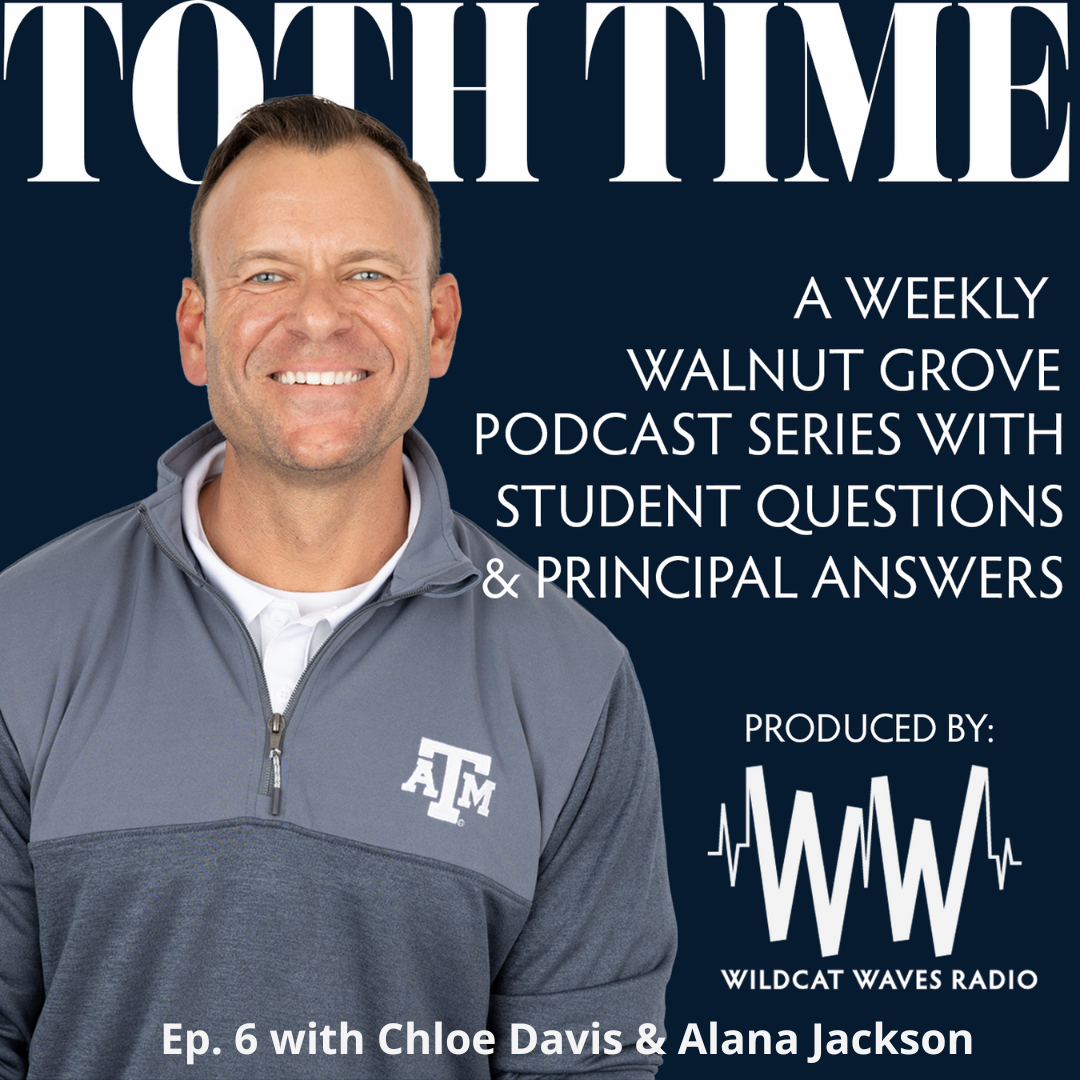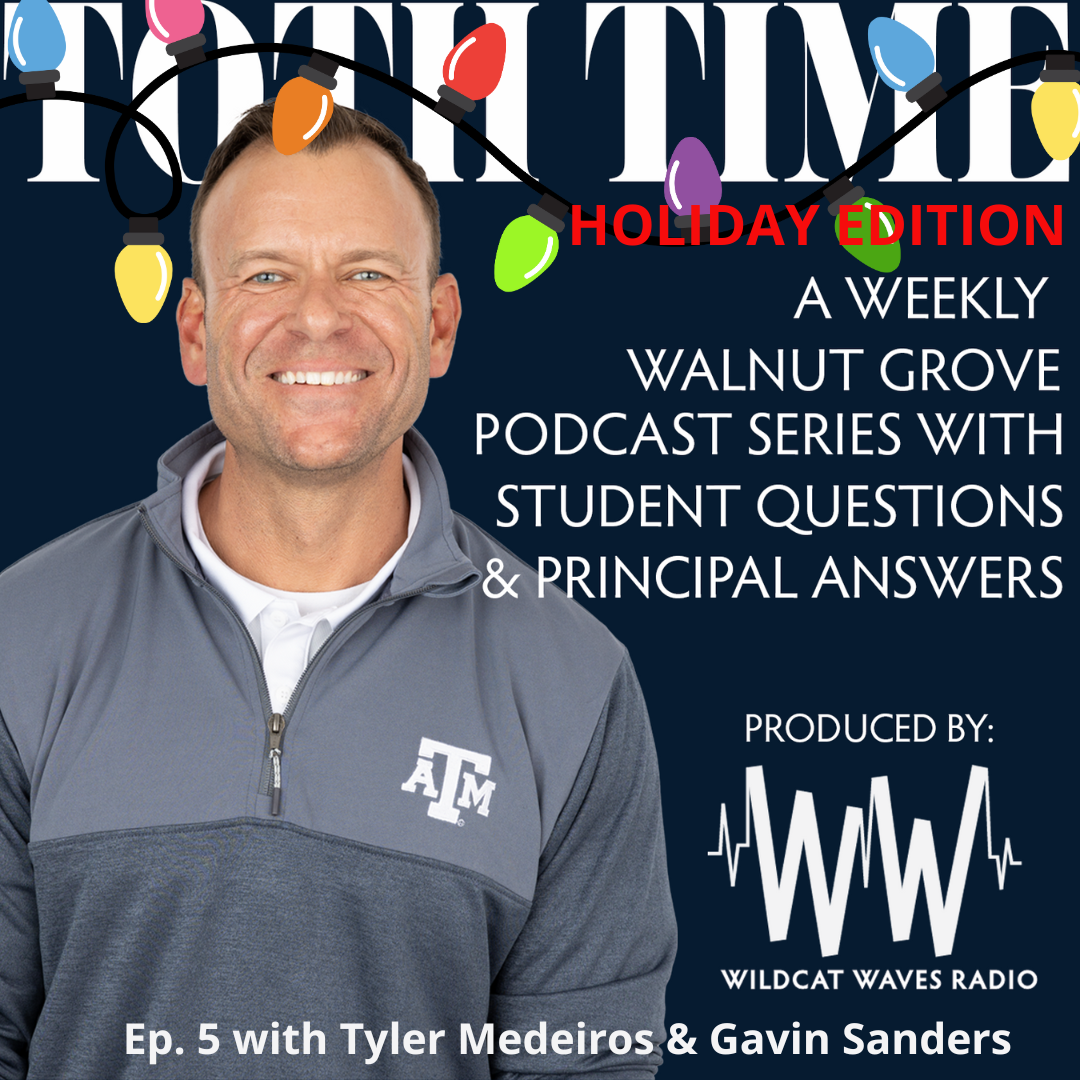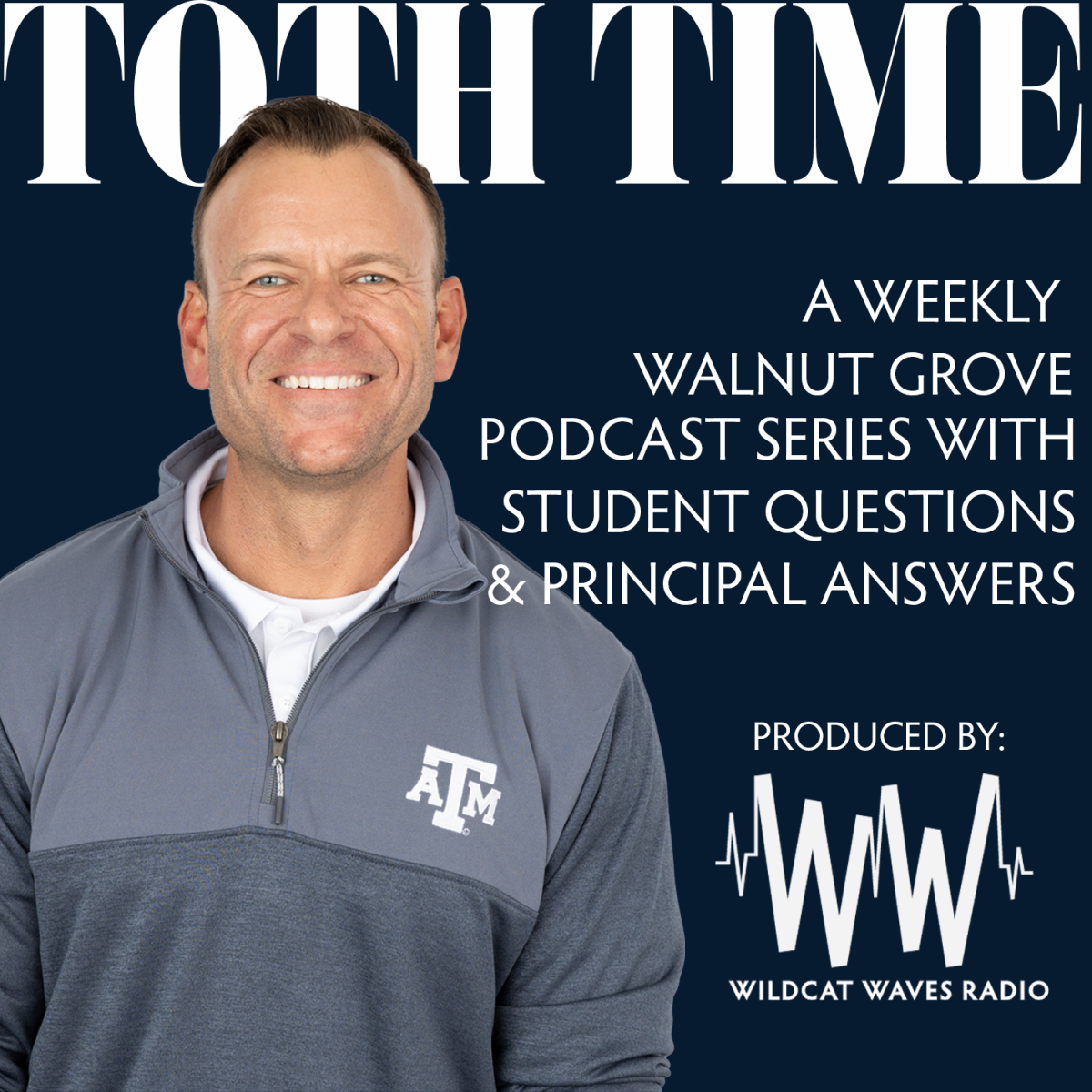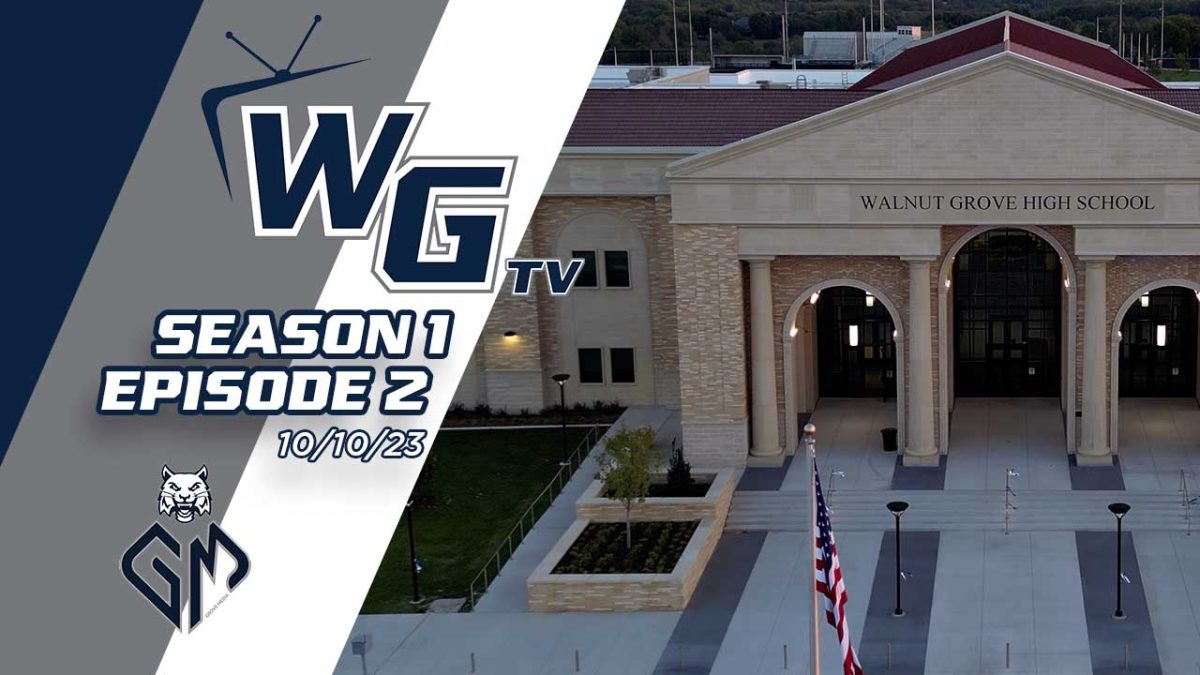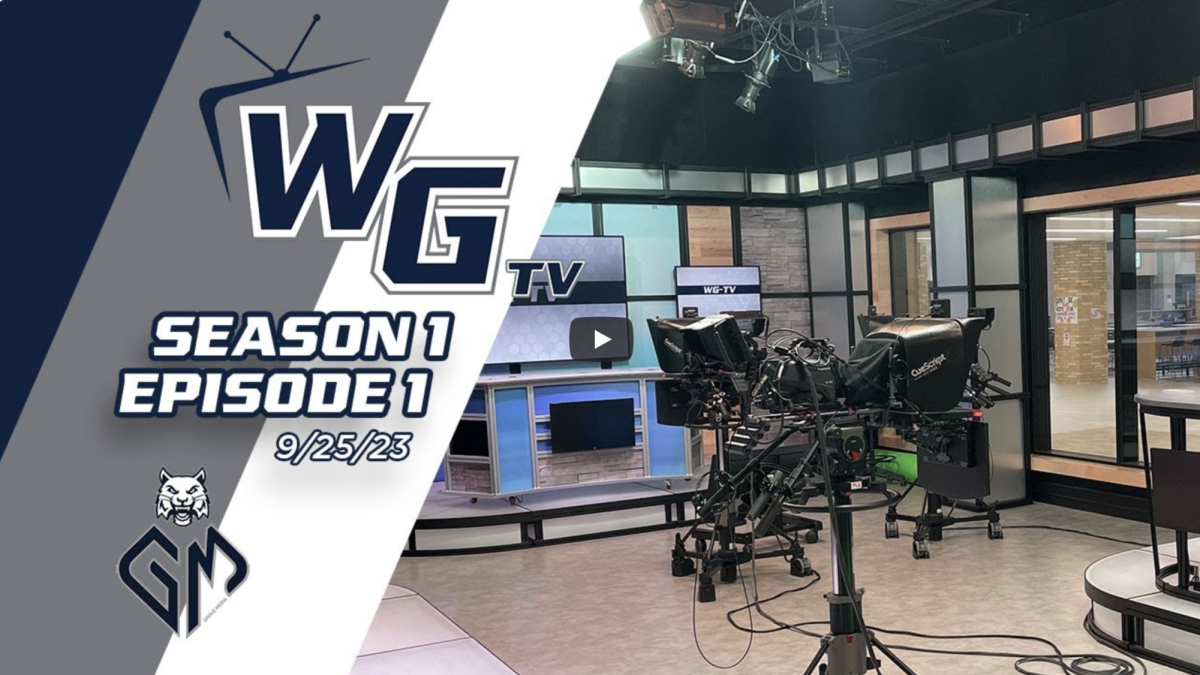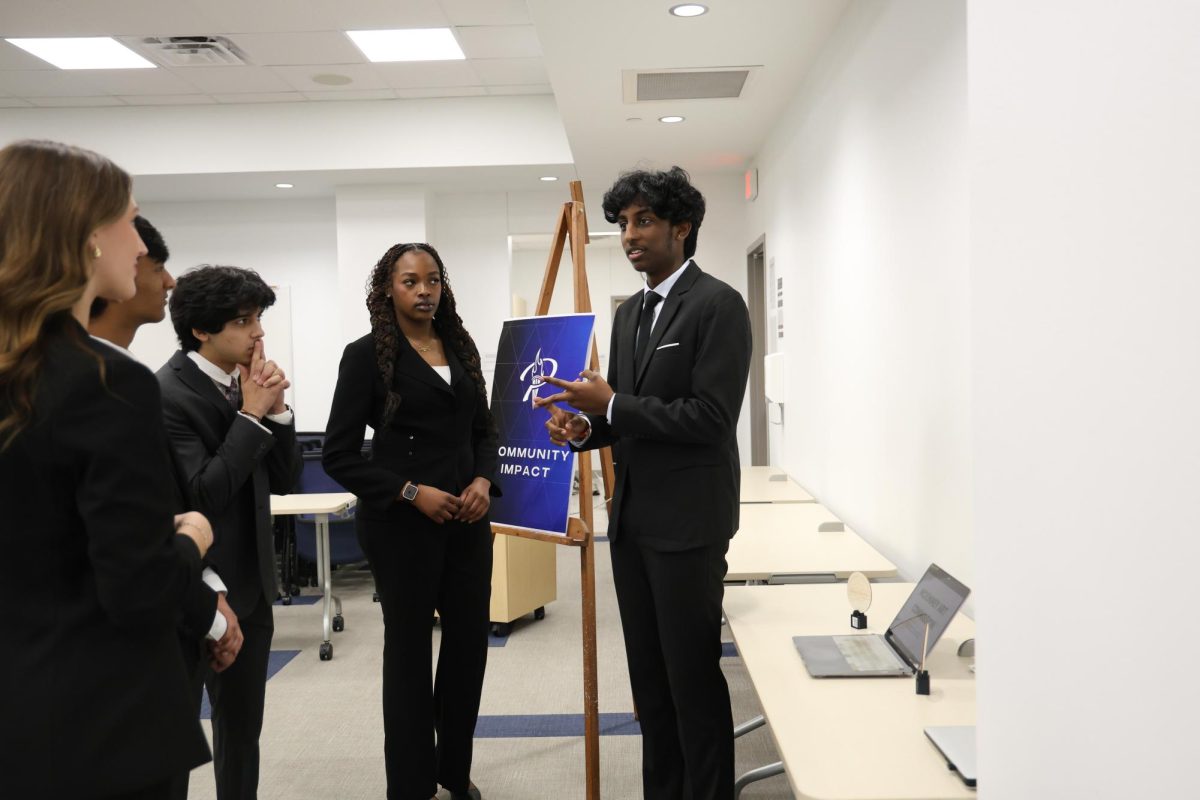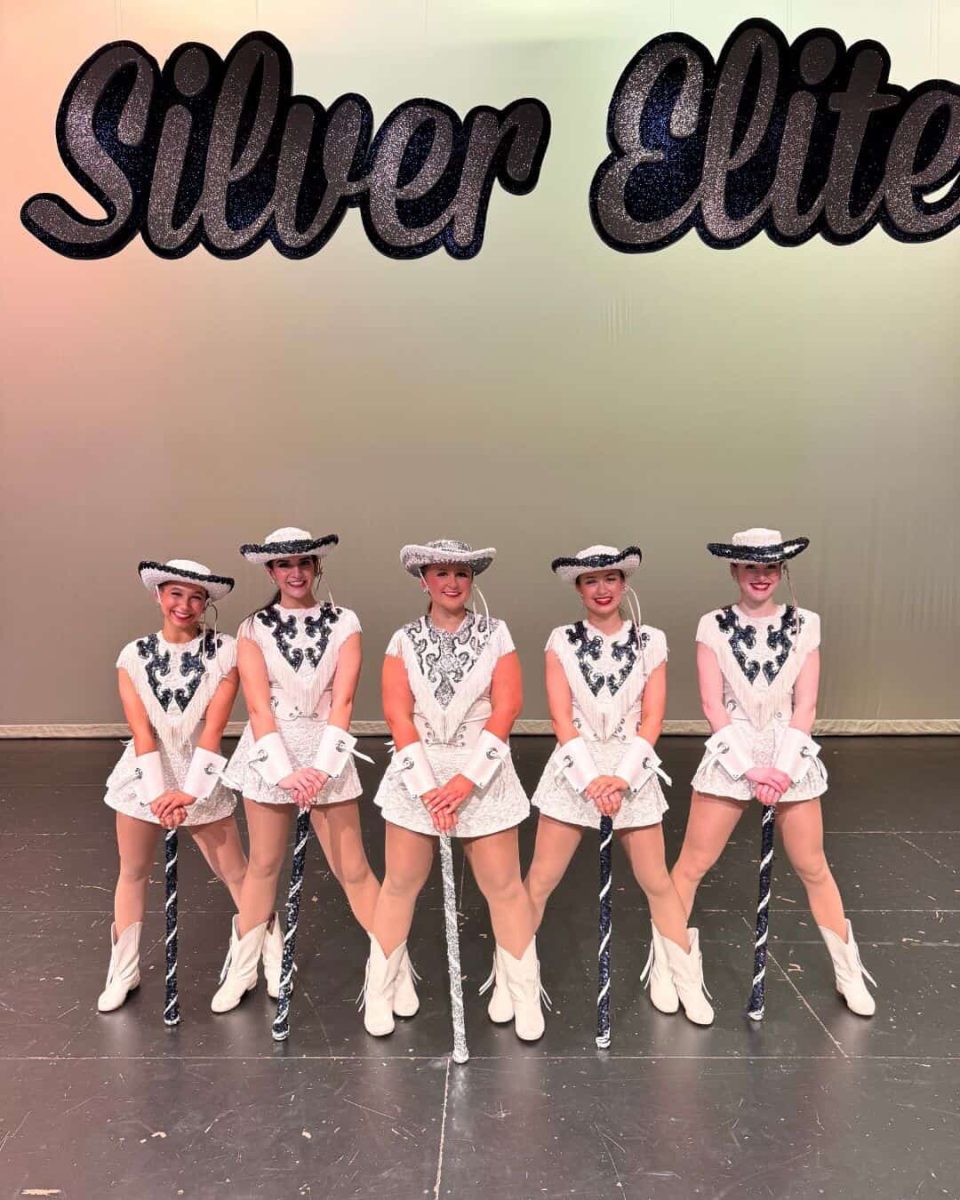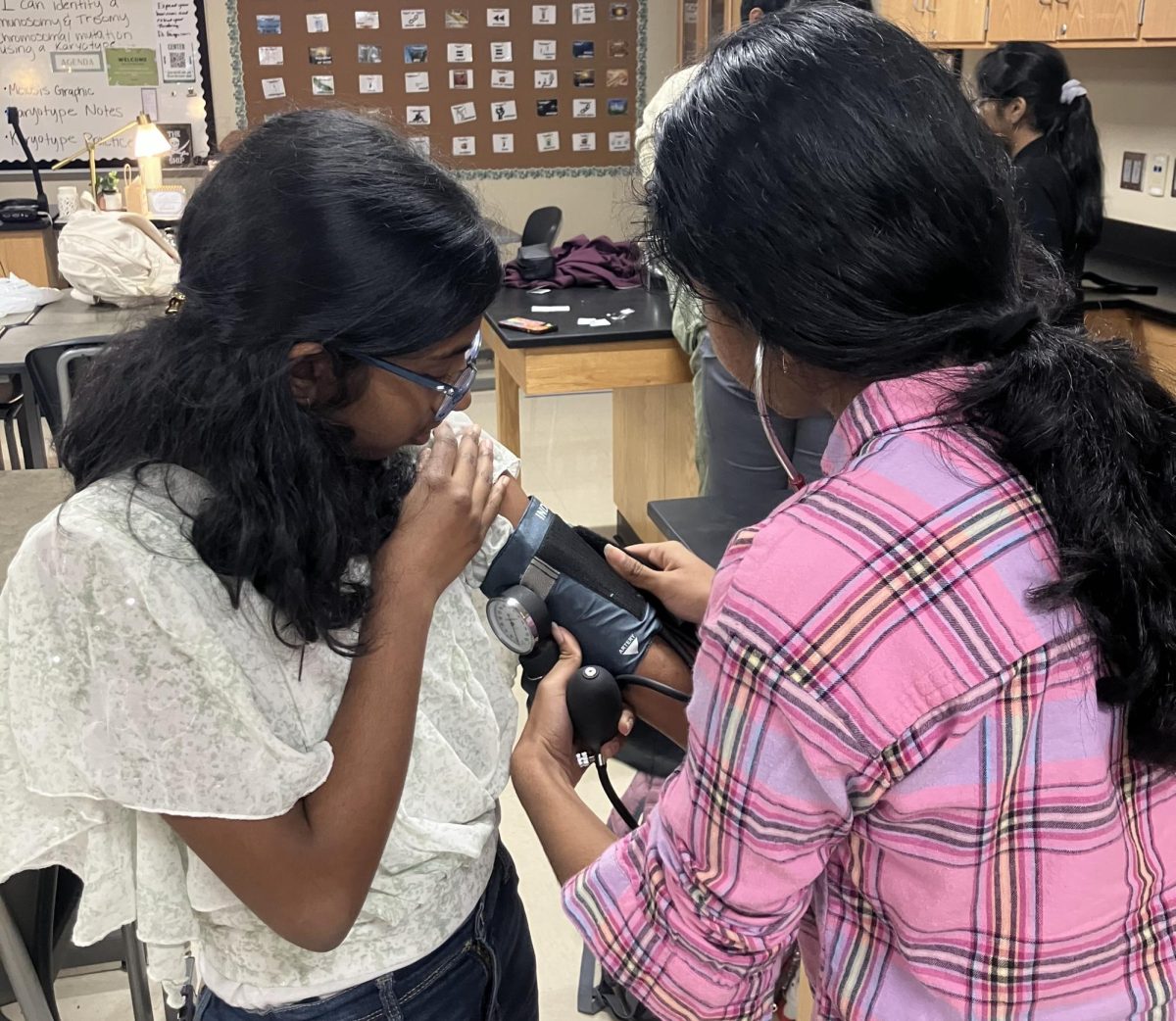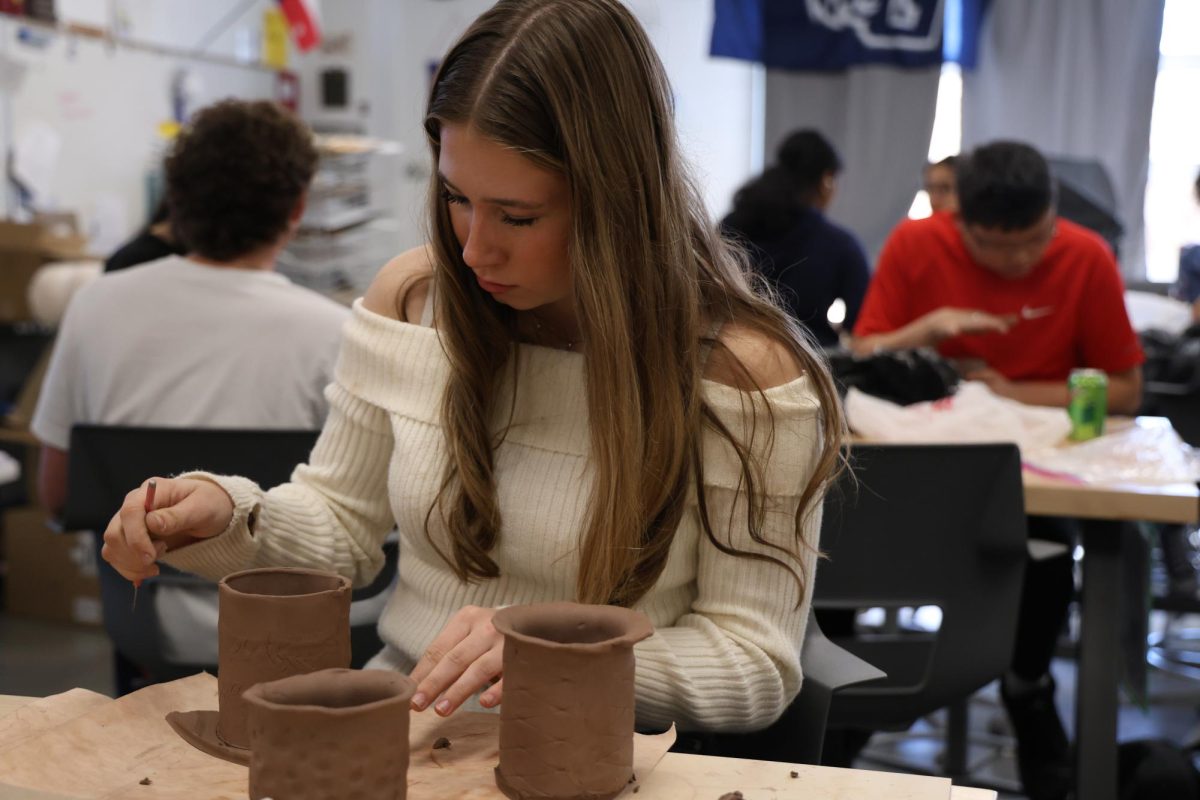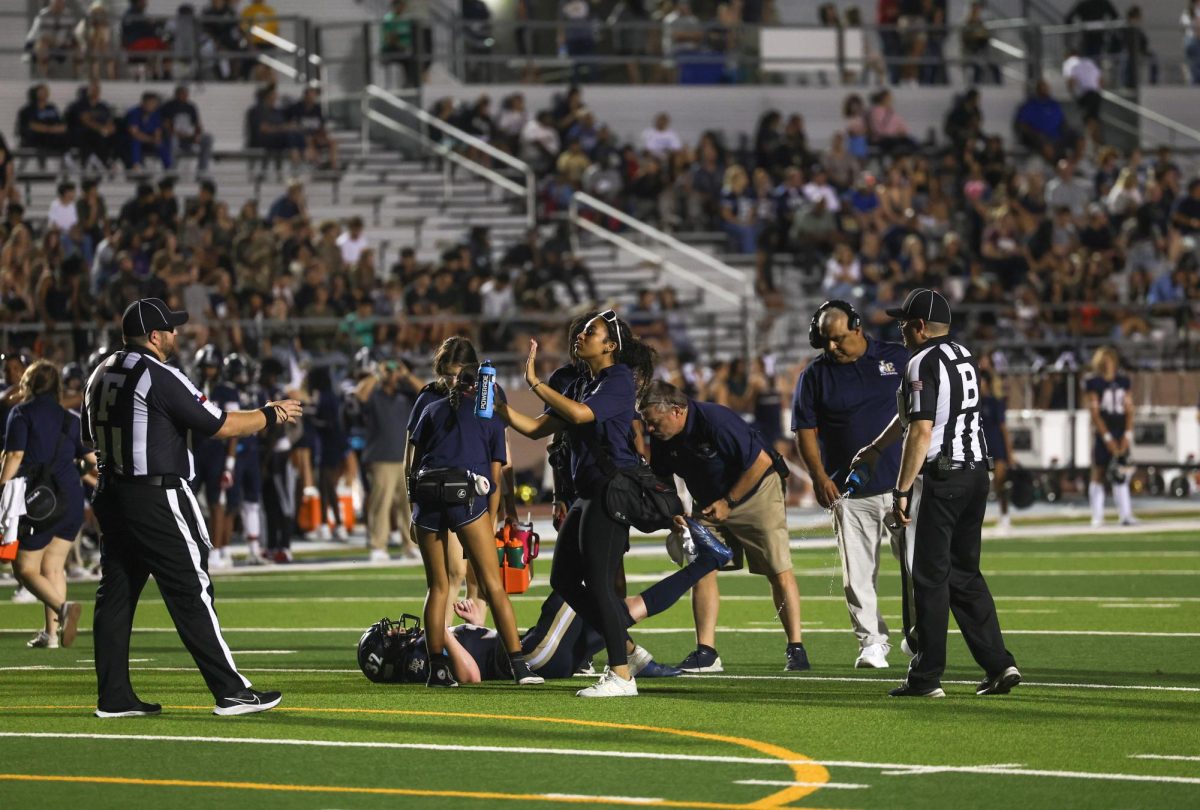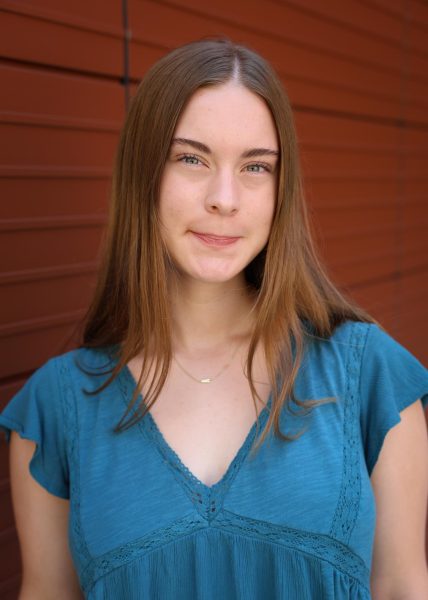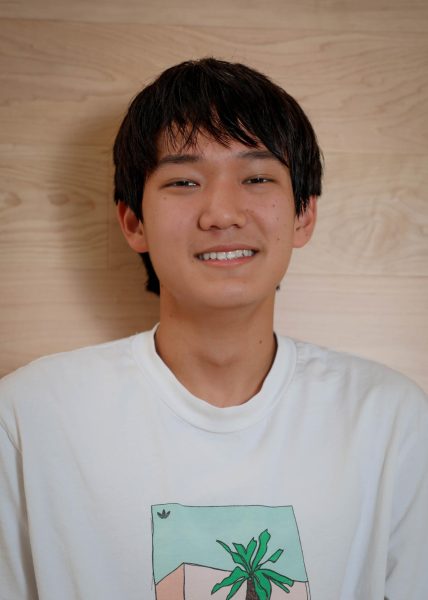In his fourth-grade class, Sivashnu Murthy was given a TED Talk assignment about Lyme disease, which involves complex neurological conditions in its late stages. Murthy created a contraption from his Taekwondo sparring gear to shock people out of seizures. After his project, he was set on pursuing neuroscience.
Murthy is now a senior in his second year of the Prosper Career Independent Study Program (PCIS). The course allows him to follow his passion for neuroscience through hands-on experience and mentorship.
“I was actually drawn to that class [PCIS] solely because it was an AP-weighted class,” Murthy said. “Then I understood that it’s more application-based. In other classes, you’re just doing random busy work sometimes, but in this class, you’re truly understanding your future occupation, and you’re able to make change.”
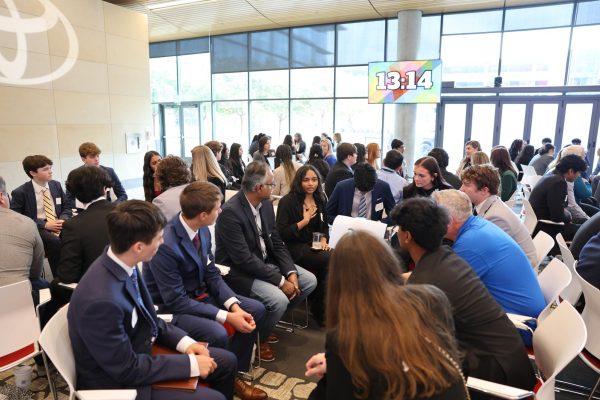
The first semester of the course focuses on building business soft skills and fundamental knowledge surrounding the career field a student in the program is interested in. In the second semester, students find a professional in their selected industry to mentor them and assist them in creating a final project at the end of the school year.
“Before, I was not able to speak continuously. I would always pause or need a written script for me to be able to speak publicly. But through PCIS, I was able to limit my buzzwords and become able to connect with mentors,” Murthy said. “I’ve learned these skills that help me realize that I don’t need to be considered as someone completely dominated by those professionals and that I can be considered as equal or at least be able to gain some insight from them.”
Murthy’s mentor last year was Dr. Abilash Haridas, a neurosurgeon with over 23 years of experience. The two connected through Murthy’s grandfather. Haridas founded his practice in Los Angeles, California, called the Astra Neurological Institute. Murthy met with his mentor around 4 hours each month to discuss different aspects of the neuroscience field and the professional world.
“The best advice I’ve gotten from Dr. Haridas is you always have to be willing to learn. Just because you’re shadowing like an RN and compared to a neurosurgeon, doesn’t mean that you’re not going to get anything fruitful out of that interaction,” Murthy said. “Another thing I learned from him is that not everyone is going to be willing to help. That’s another reality of the medical field or any field. So just being able to keep connections for a long period of time and making sure that you foster them to a level that will last a lifetime.”
Dr. Haridas aided Murthy with his final project. He created several presentations regarding different surgeries to educate patients about their treatment options and what those treatments entail. He wanted patients to have clear communication about what procedures they would endure and have autonomy in their healthcare. The presentations are now hosted on the Astra Neurological Institute website.
“Siv came in as a very sharp student. He had big dreams and a big vision on what he wanted to accomplish by studying neuroscience. When he was able to connect with that neurosurgeon, he came up with these concepts that just blew our minds,” PCIS instructor Ginger Mcclendon said. “I use him as an example of what you can accomplish in PCIS to other community members and colleagues at other schools in the district.”
Murthy will continue his neuroscience research through the EMT program and his second year of PCIS. His goal is to continue researching neuroscience in college, make connections and get hands-on medical experience.
“I want to go work as an EMT, especially over the summer, so I can get more of that first responder medical experience,” Murthy said. “When I go into college, I want to connect with my peers, and then get opportunities at nearby hospitals to see if I can get internships, and be able to get shadow opportunities. Just from watching you learn a lot from that.”

